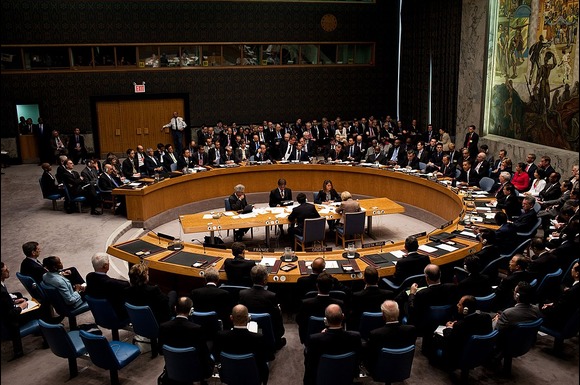ISLAMABAD: Pakistan has been elected to the United Nations Human Rights Council (HRC) for a three-year term beginning January 1, 2026, after receiving 178 votes during the elections held at the UN General Assembly in New York on Tuesday, according to a statement from the Foreign Office.
The Human Rights Council, based in Geneva, is composed of 47 member states and serves as the UN’s principal body for addressing global human rights issues. It focuses on preventing violations, promoting accountability, and fostering international cooperation on matters of human rights and dignity.
Pakistan Pledges Active Role in Promoting Global Human Rights
In its official statement, the Foreign Office said Pakistan would use its term to actively engage with the international community and civil society to promote all dimensions of human rights.
“During its term as a member of the HRC, Pakistan will actively engage with the broader UN membership and civil society to advance all facets of human rights,” the statement read.
“This includes civil, political, economic, social, and cultural rights, alongside the right to development.”
The ministry emphasized that Pakistan will fully support the Council’s mandate to ensure the promotion and protection of human rights grounded in the principles of universality, objectivity, transparency, and non-selectivity — values that Islamabad says are critical for maintaining the credibility and fairness of the global rights framework.
Sixth Election to the Council Reflects International Confidence
This victory marks the sixth time Pakistan has been elected to the Human Rights Council since the body’s establishment in 2006. The Foreign Office said the outcome reflected the international community’s confidence in Pakistan’s constructive and balanced role within the global human rights dialogue.
“Pakistan’s election is a clear manifestation of the trust that the international community places in its commitment to advancing human rights globally,” the statement added.
The Foreign Office further noted that Pakistan has consistently served as a consensus-builder within the Council, contributing to deliberations on key global issues and working to strengthen the international human rights system through cooperation and dialogue.
Focus on Palestine and Indian-Administered Kashmir
Islamabad reaffirmed that during its upcoming tenure, it would continue to highlight and raise human rights concerns in territories under foreign occupation, particularly in Indian-administered Jammu and Kashmir and the Occupied Palestinian Territories.
“Pakistan will continue to raise human rights concerns in territories under foreign occupation, including Indian-administered Jammu and Kashmir and the Occupied Palestinian Territory,” the Foreign Office said.
Officials underscored that the defense of the rights of oppressed peoples and the promotion of justice and equality would remain key pillars of Pakistan’s approach to its new role on the Council.
Commitment to Dialogue and Consensus
The Foreign Office reiterated that Pakistan would continue to pursue constructive engagement and multilateral cooperation within the Human Rights Council. The country, it said, is determined to build bridges across regions and work towards mutual understanding and respect in global human rights debates.
Pakistan also pledged to support initiatives promoting social justice, gender equality, the right to development, and freedom from discrimination, aligning its policies with the UN Charter and the Universal Declaration of Human Rights.
A Renewed Mandate for Global Advocacy
As Pakistan prepares to begin its term in January 2026, officials in Islamabad view the election as both a diplomatic achievement and a renewed responsibility. The country’s leadership has expressed its commitment to upholding international human rights standards, strengthening institutional mechanisms, and amplifying the voices of marginalized communities worldwide.
“Pakistan will continue to work in partnership with the UN and member states to advance a fair and inclusive human rights agenda,” the Foreign Office said.






